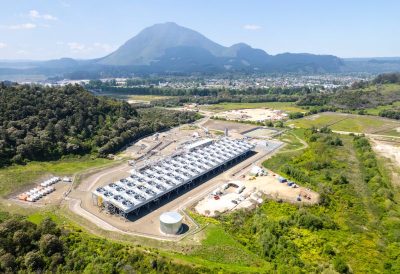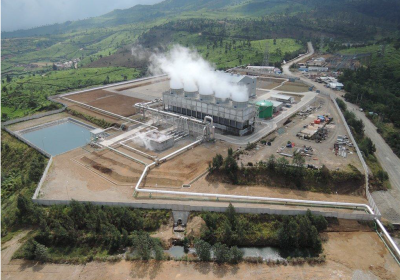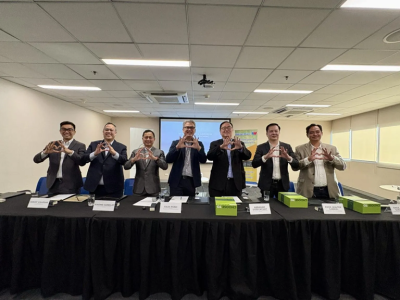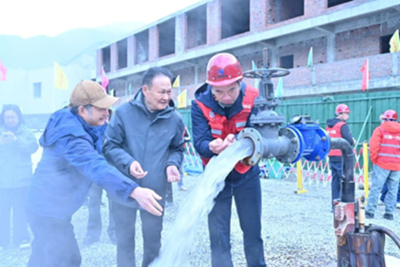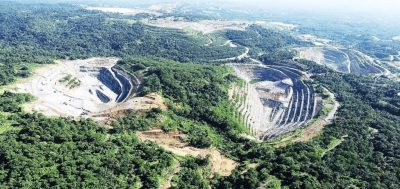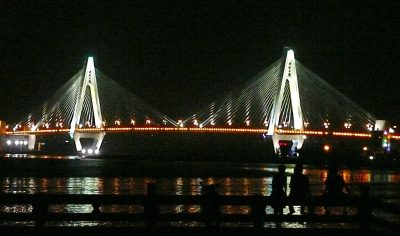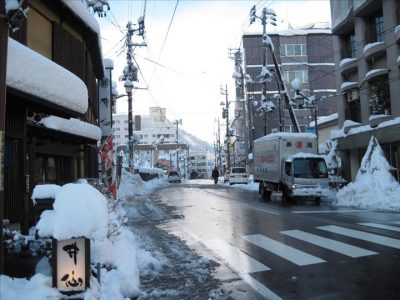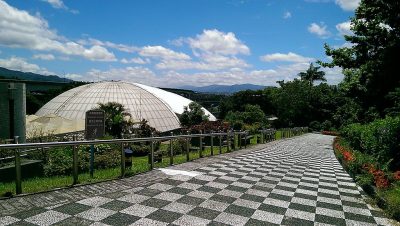Indonesia plans to eliminate price limits on geothermal power
The Indonesia government is planning to eliminate price limits to the price which the state utility company can pay to IPPs.
According to news from Indonesia, “As part of efforts to develop geothermal power, the government is planning to eliminate the existing limit on prices that the state utility company can pay to independent producers, a senior official said on Wednesday.
Speaking on the sidelines of the World Geothermal Congress in Bali, Bambang Setiawan, director general of coal, minerals and geothermal energy at the Ministry of Energy and Mineral Resources, said that under the plan, independent producers would submit a power-price bid during the development tender process, with state utility PT Perusahaan Listrik Negara being forced to accept the lowest bid.
However, if PLN insists the price is too high, the plan has provisions for a new price to be negotiated between the producer and a new agency to be established by the government, with the government subsidizing the difference between the current price ceiling of 9.7 cents per kilowatt hour and what the producer is willing to accept.
“The price ceiling has made investors wary of investing in geothermal projects in Indonesia,” Bambang said, adding that producers were worried PLN would not be able to pay what was required to cover the millions of dollars needed for development and exploration.
“The new agency will cover PLN’s extra expenses if it purchases power exceeding the ceiling price,” he said. “So if it is needed, the government will subsidize the agency.”
Bambang was unable to provide an estimate of the potential cost to the government.
The Indonesian Geothermal Association (API), meanwhile, welcomed the government’s decision, saying it would encourage more development in the sector.
“The decree will be our guarantee to proceed with projects and it will also help us to get financing,” said Suryadarma, the association’s chairman.
PLN was also positive about the idea but said it wanted to ensure due diligence once geothermal projects started operations.
“The due diligence will be conducted by an independent agency to ensure that the exploration activity spending and the quality of steam match their initial proposals to PLN,” said Dahlan Iskan, PLN’s president director. “If it doesn’t, we want to be able to revise the price.”
Dahlan said the decree would likely raise PLN’s operational costs. “But as it has been agreed to by the government, we will follow and support the geothermal development,” he added.
Geothermal producer PT Supreme Energy said it was pleased with the plan. “If the power purchase agreement follows what we propose at tender, it will be very helpful,” said Supramu Santosa, the company’s president director.
Compared to coal-fired power plants, geothermal projects require a higher level of initial investment but have lower operating costs once up and running.
According to independent brokerage CLSA Asia-Pacific Markets, geothermal power requires an investment of $3.3 million for every megawatt of power generated, compared to less than $1.5 million for coal. The higher costs are mainly due to exploration and drilling expenses.”
Source: The Jakarta Globe






